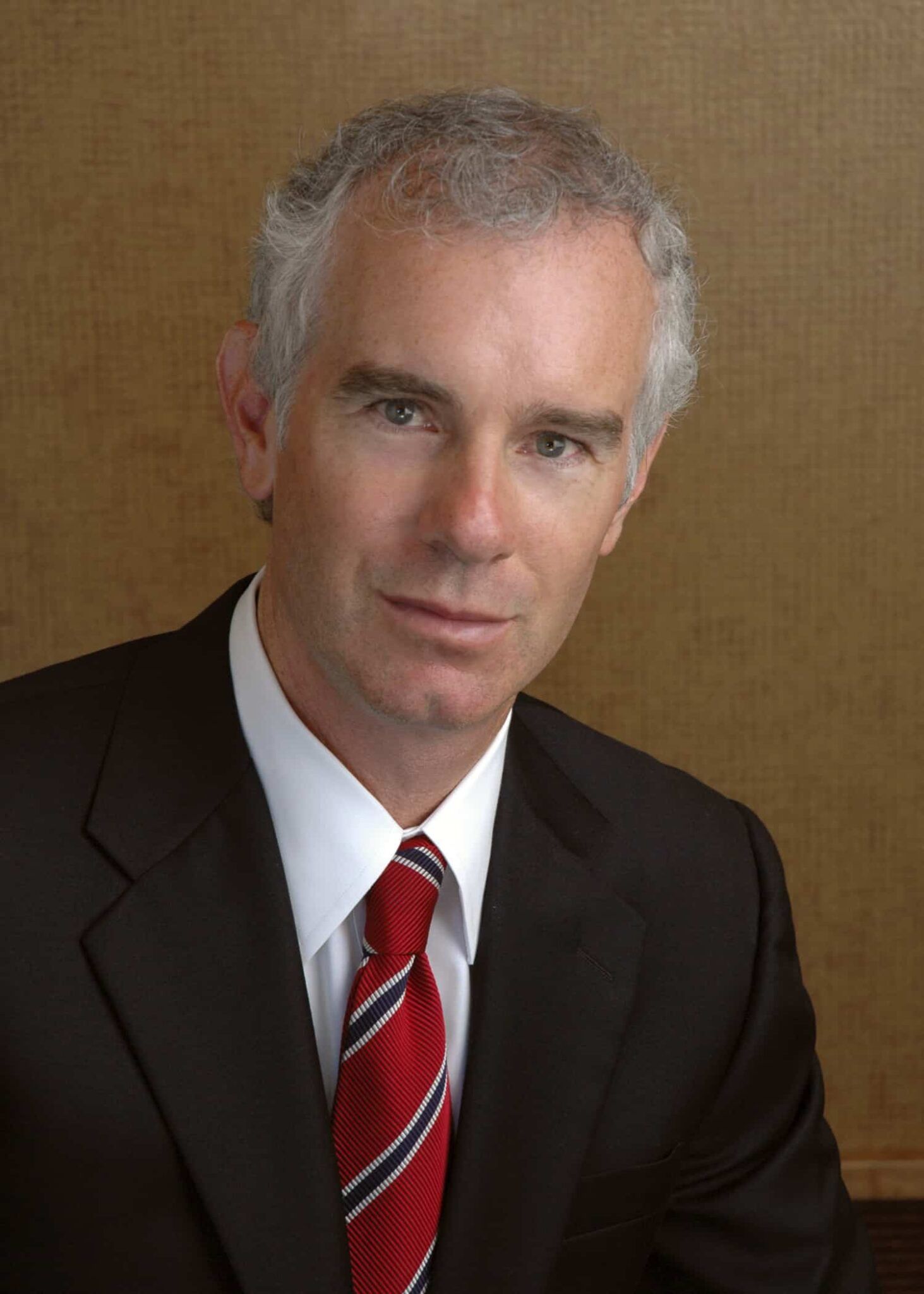Cannabiz seeks change it can bank on

Colorado’s booming marijuana industry had high hopes for a welcome Christmas present from the U.S. Senate but instead was given a lump of coal in its stocking.
Growers and retailers are hoping for better times this year.

“Over 95 percent of the U.S. population lives in a state where some form of marijuana is legal,” said Sen. Cory Gardner, R-Colo. “This isn’t a fluke; the American people have spoken and this is happening. My amendment to the First Step Act has been blocked, but I will not give up this fight.”
SPONSORED CONTENT
How Platte River Power Authority is accelerating its energy transition
Platte River Power Authority, the community-owned wholesale electricity provider for Northern Colorado, has a history of bold initiatives.
Gardner and Sen. Elizabeth Warren, D-Mass., had put aside their vast political differences to introduce an amendment to the sweeping First Step Act’s criminal-justice reforms that would have turned the question of legalizing cannabis over to the states. Among other things, the amendment — which Gardner tried to sell to his conservative colleagues as a states’-rights issue — would have given the cannabis industry freer access to banking.
The Gardner-Warren amendment was introduced on Dec. 17 but blocked the next day by Sen. Charles Grassley, R-Iowa, who chairs the Senate Judiciary Committee and has been a vocal opponent of legal marijuana. Grassley said states’ rights regarding marijuana should be addressed in its own legislation instead of “creating a back door to legalization” through an amendment.
Gardner and Warren had tried that approach in June when they introduced the “States Act,” which earned an expression of support from President Donald Trump but gained only 10 co-sponsors.
“I opposed legalization when it happened, but now that we have it, it’s in almost every state in the country,” Gardner said in an interview on KOA radio in Denver. “Something has to be done including getting billions of dollars of cash out of the shadows and into the daylight through our banking system.”
Major financial institutions, whose deposits are insured through the Federal Deposit Insurance Corp., have been leery of providing services to marijuana businesses for fear of onerous federal scrutiny and even the possibility of racketeering charges because the federal government still officially views cannabis as a Schedule 1 narcotic along with such drugs as heroin and crystal meth.

“It’s problematic for a bank to touch it,” said Gerard Nalezny, chairman and chief executive of Fort Collins-based Verus Bank. “There’s just no clean harbor. We could try to serve those businesses, but it’s so far into gray areas. The feds could wake up tomorrow and decide they don’t like it.
“Once you get into a battle with regulators, it’s like fighting with your spouse,” he said. “Even if you win, you lose.”
Without banking services, medical and recreational cannabis retailers largely have been forced to operate as all-cash businesses, presenting a dangerous situation for employees and customers alike.
“I was paying all employees in cash, vendors, taxes, everything. Even just our tax payment was $100,000 in cash,” said John Kurish, general manager of Helping Hands Herbals in Boulder and The Bud Depot in Lyons. “We’ve had to pay everything in cash, run payroll through QuickBooks and then take a day and sit around a table and pay out our paychecks in cash.”
A few financial institutions have been willing to wade cautiously into serving cannabis businesses. According to a report by the Treasury Department’s Financial Crimes Enforcement Network (FinCEN), 411 banks and credit unions in the United States were “actively” operating accounts for marijuana businesses as of the end of March — up more than 29 percent from when Trump took office in January 2017. That number dipped slightly just after then-Attorney General Jeff Sessions in January 2018 revoked Obama-era Justice Department guidance protecting state marijuana laws, but has begun to rebound.
One institution willing to be a “safe harbor” and take the risk is Denver-based Partner Colorado Credit Union. Its CEO, Sundie Seefried, told New Jersey-based NJBiz in November that PCCU provides cannabis businesses with savings, checking and access to funds via normal channels, but not credit options or international wires. Because that service is limited to PCCU’s private “Safe Harbor Division,” access to branches is limited.
When asked by NJBiz how she ensures that PCCU isn’t on the wrong side of federal law, Seefried responded, “Very carefully. We monitor news far more frequently on the cannabis topic and national activities pertaining to this subject. We also utilize more external professional resources like West Coast (Anti-Money Laundering Forum, a national annual conference and information source) to assist with navigating the necessary law-enforcement perspective and activities required by guidance. … We have staffed a separate division of specialized talent to manage this portfolio, and we are consistently monitoring for new and emerging risks that force program changes and updates regularly to meet compliance obligations for this emerging market.”
None of that heads off the flood of federal paperwork, she said.
“In 2017, there were additional reports in excess of 7,000 for this niche alone, while the (traditional) credit union had approximately 200 normal FinCEN reports. We also had eight federal and state exams in the past three and half years, when normally one would expect three exams during that time.”
At his Boulder and Lyons dispensaries, Kurish said, “We’re lucky to have a legal bank account now. We found one that has geared its entire bank to our industry. But I was on a waiting list for nine months or so.”
Helping Hands and The Bud Depot still can’t accept customers’ credit cards for payment, he said. “We’ve had credit-card acceptance in the past, but usually they’re up to a week or two and then they discontinue. You call and they’re nowhere to be found.”
The dispensaries can, however, accept debit cards by basically turning their cash registers into an ATM. For instance, a customer making a $76.50 purchase swipes his or her debit card, is charged $80 on the card, then receives $3.50 change in cash. The dispensary then recoups the $80 from the debit card’s bank.
Before his amendment was blocked, Gardner emphasized that his measure was “not a legalization bill. This allows the states to opt out of that federal law, and the sentencing bill makes perfect sense to put it, because why can you go to federal prison for following Colorado state law?
“It answers the problems the banks have right now in not taking the money. It answers the tax issue. It really does answer the legalization issue in a way the states approve. I don’t think flat-out legalization has the support in the U.S. Senate. It may in the House. This is a way to get majority bipartisan support to fix this conflict between federal and state law.”
“It would have solved huge problems for us — even more to do with the tax code,” Kurish said. “We’ve been running a legal business for nine years and can’t deduct the expenses normal business do. If your business deals with ‘controlled substances,’ you can’t claim these deductions. We paid a 70 percent tax rate — very painful, and that’s not even the worst I’ve heard. Dispensary owners just go without pay, fund loans personally, wait until next year and hope.”
Several signs point to brighter days for the cannabis industry’s tax and banking issues in 2019.
When pushing his amendment, Gardner reminded the Senate that earlier in December it had passed a farm bill that included legalization of another cannabis product – hemp — which already had been legalized by Colorado and 38 other states.
Gardner and Warren could attach their States Act to another bill this year, and it might stand a better chance of making it to the Senate floor since Grassley is stepping down from his Judiciary Committee chairmanship. His replacement, Sen. Lindsey Graham, R-S.C., cosponsored legislation to reschedule cannabis, protect states where medical marijuana is legal from federal interference, and remove cannabidiol (CBD) from the list of federally banned substances. A U.S. House of Representatives that will be run by Democrats this year also would seem to offer more favorable prospects for reform.
Gardner, in his KOA interview, vowed to keep pushing.
“By 2022, it’s estimated this industry will be about $24 billion worth of revenue, and that means $24 billion floating around in cars, in trunks, in warehouses unless we can actually get this into the system,” he said. “You want to talk about crime? You want to talk about organized crime? That is going to lead to problems when you have an all-cash business where you can’t put the cash into a place that an ordinary business can. So let’s fix this. We have 47 states that are already doing this. Let’s bring federal law in line with the states.
“We haven’t had a chance to have a straight up-and-down vote on our bill. If we did it would pass in the United States Senate and the House of Representatives.”
Dispensaries have supporters such as the Marijuana Industry Group — “They collect our pains and try to pass them on,” Kurish said, “but we’re not in a position to lobby much. After facing a 70 percent tax rate, we don’t have any discretionary income we could put behind it. We’re a mom-and-pop-sized business, so change this big is going to have to come from bigger powers than us.
“So the voices of the voters will have to be heard,” he said. “It’s a 60-40 issue across the country, a pretty strong margin when you’re talking about something like this. Lawmakers are going to have to listen to their voters pretty soon and make a change.”
Colorado’s booming marijuana industry had high hopes for a welcome Christmas present from the U.S. Senate but instead was given a lump of coal in its stocking.
Growers and retailers are hoping for better times this year.

“Over 95 percent of the U.S. population lives in a state where some form of marijuana is legal,” said Sen. Cory Gardner, R-Colo. “This isn’t a fluke; the American people have spoken and this is happening. My amendment to the First Step Act has been blocked, but I…
THIS ARTICLE IS FOR SUBSCRIBERS ONLY
Continue reading for less than $3 per week!
Get a month of award-winning local business news, trends and insights
Access award-winning content today!


